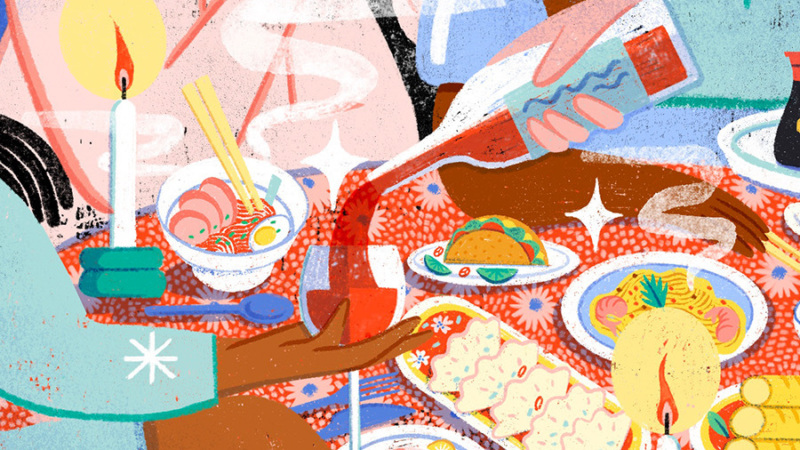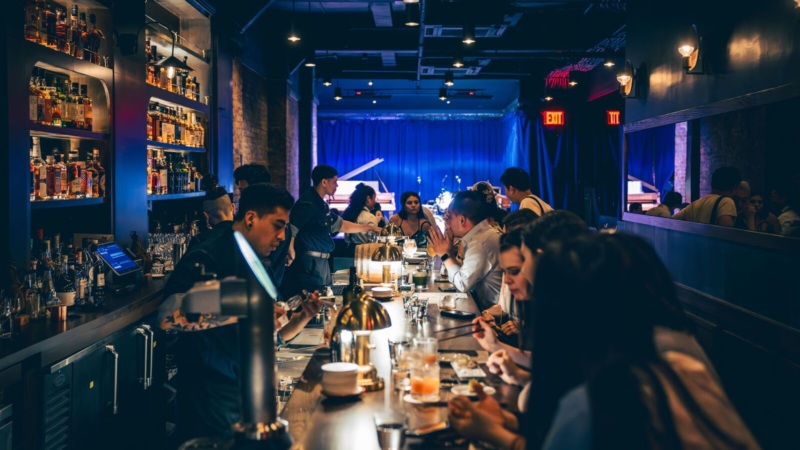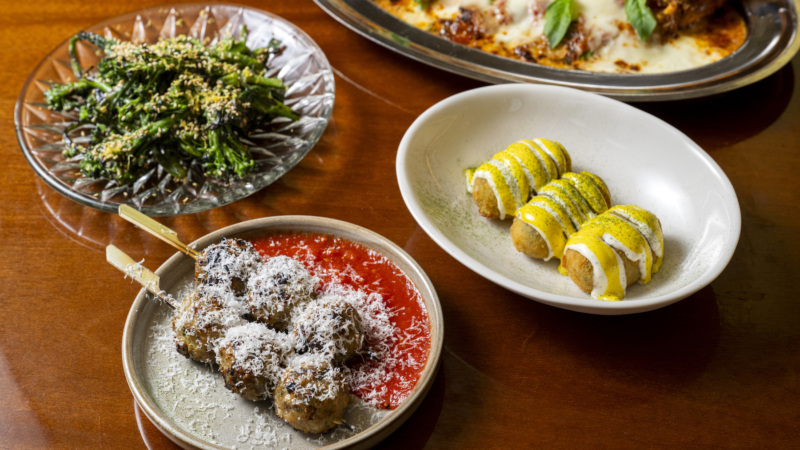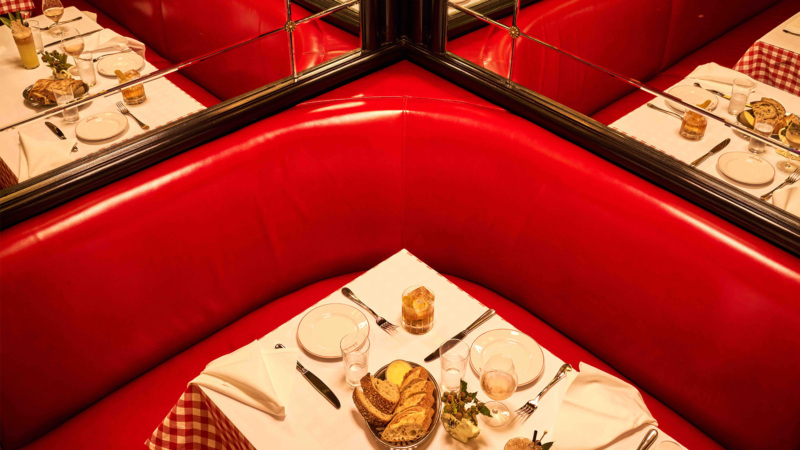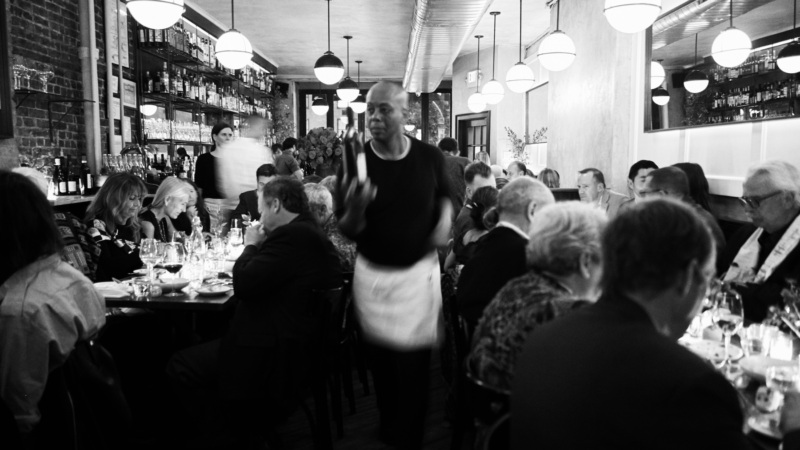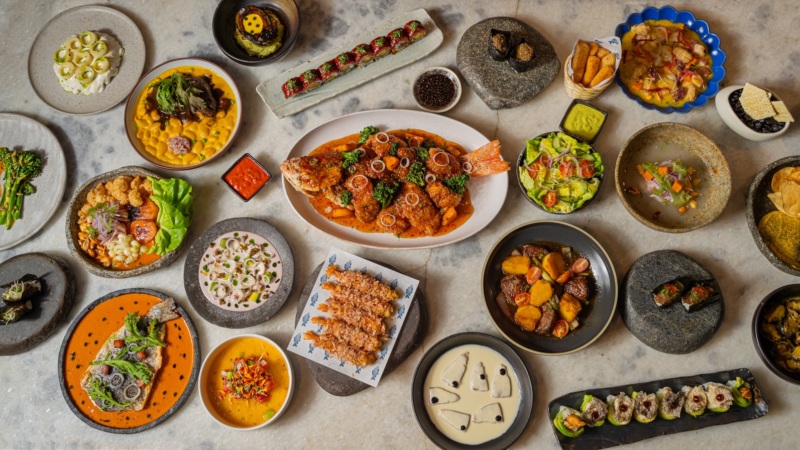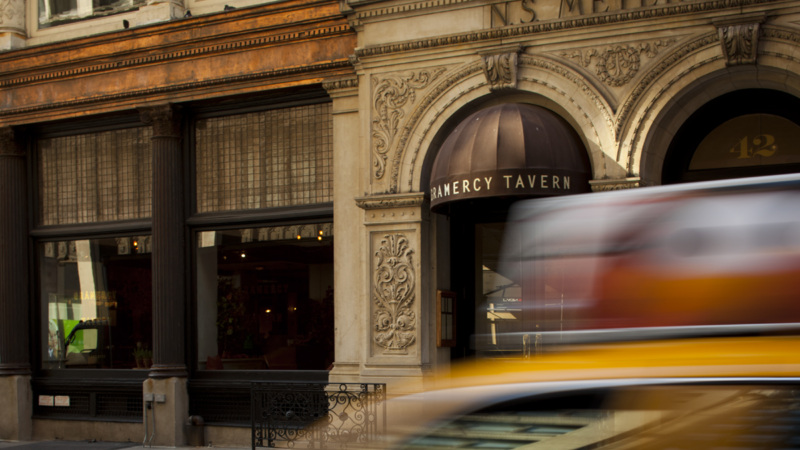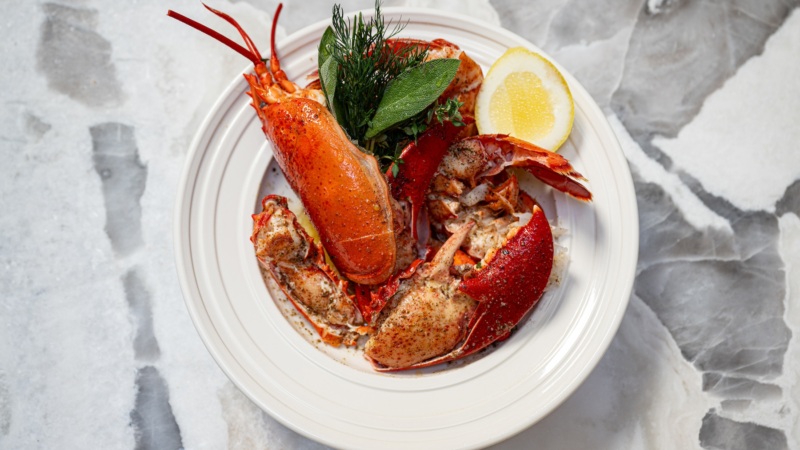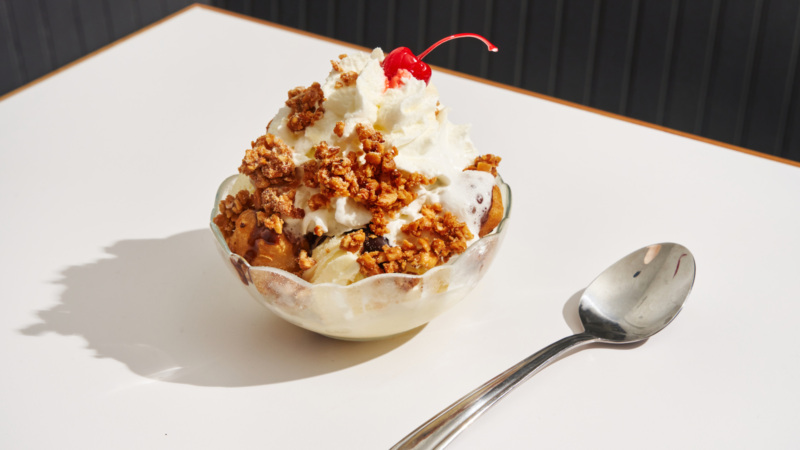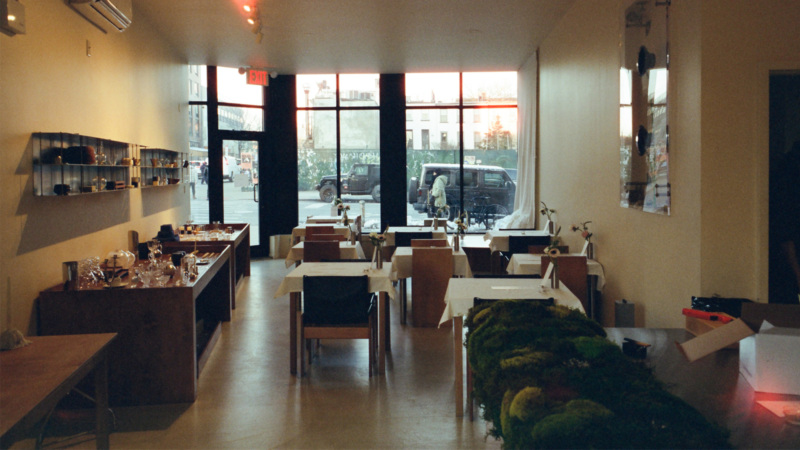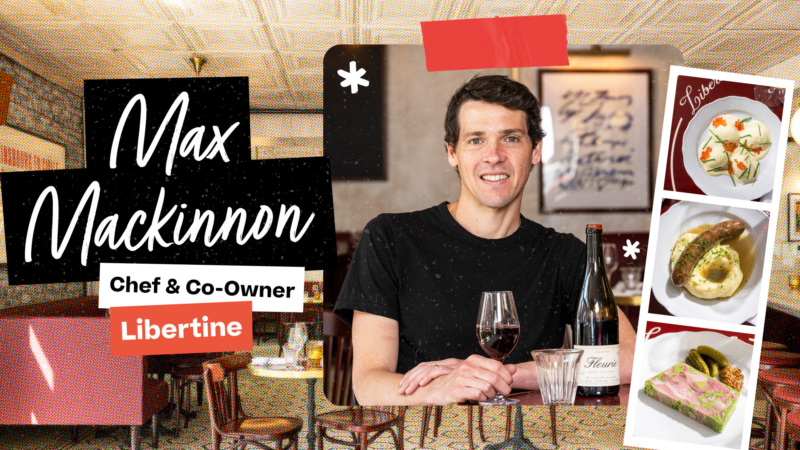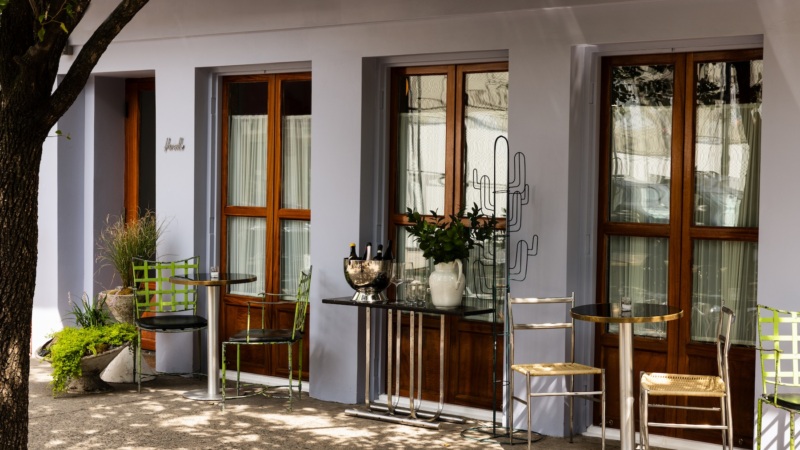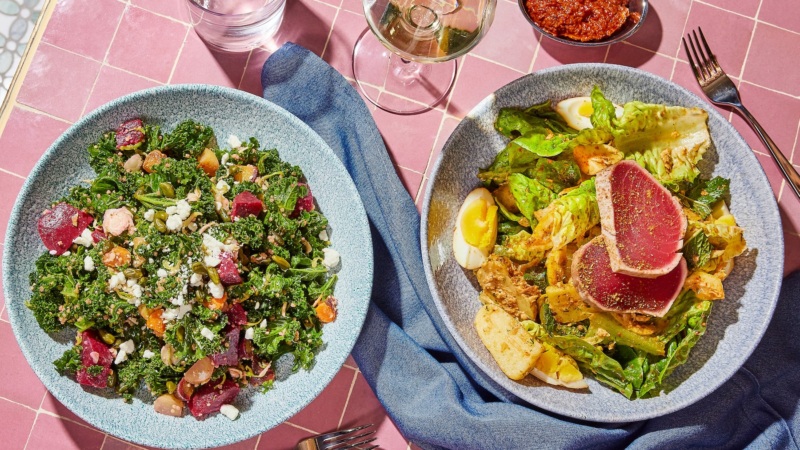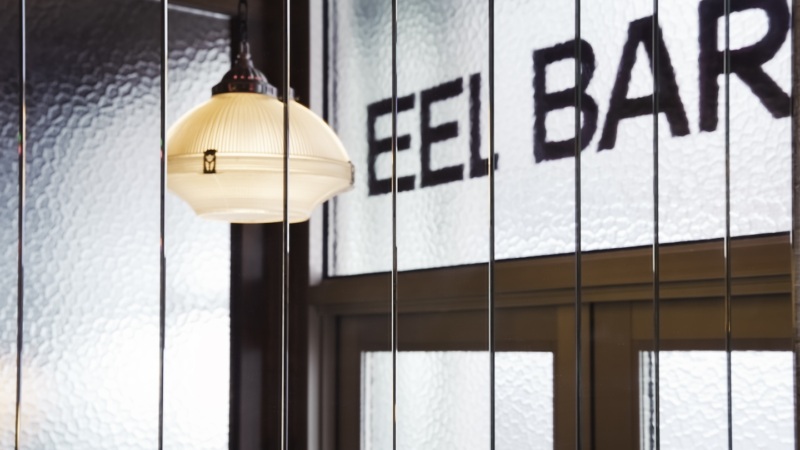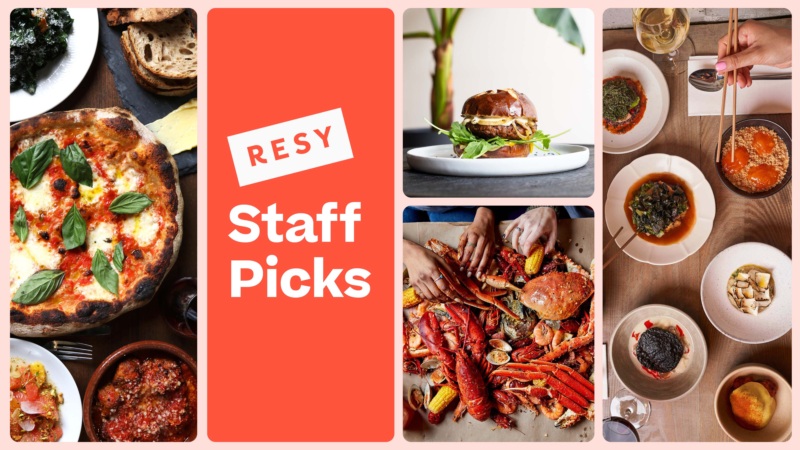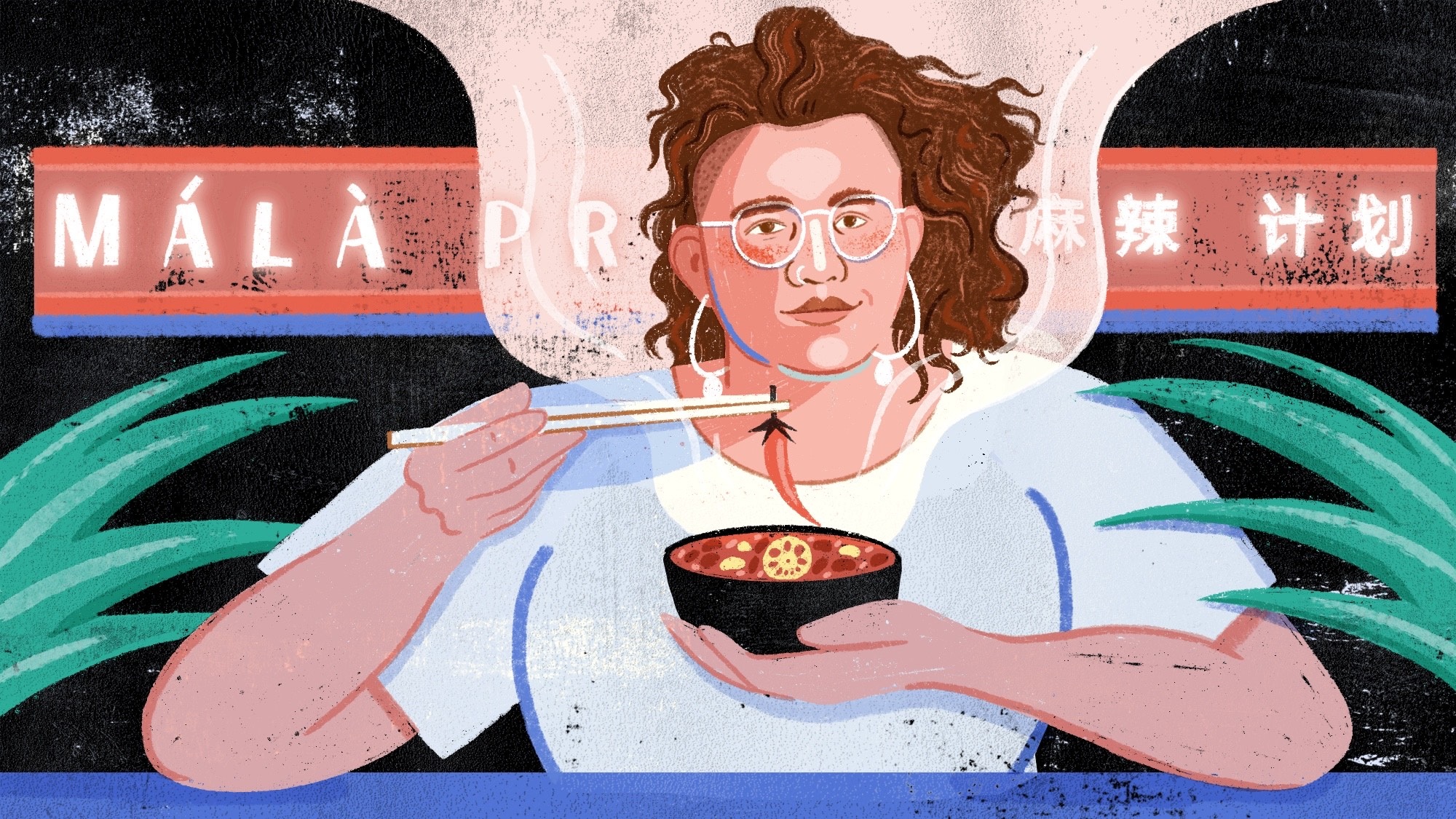
One night, she didn’t come home; the next night, she showed up at dawn. We knew it was over, then, but the morning was threaded with a kind of lightness. A week later, she showed up at my door with Belgian fries and an almond bubble tea from St. Mark’s Place around the corner. She was in tears, panicking, wondering if she’d made the wrong decision. I told her she had given me a gift, the chance to open a door we had both known for so long needed to stay shut. She nodded, and as we packed up her clothes, she asked me, at last, if I wanted to try some of them on.
Later that summer, she invited me to lunch at a newish restaurant on First Avenue in the East Village. (Some guy from a dating app had taken her there, in our weeks apart.) The place was called MáLà Project, named after a Chinese cooking style we both loved — literally, “numbing spicy,” a combination of heat from chili peppers and a peculiar tingling sensation produced by the Sichuan peppercorn, which is not a pepper at all but the citruslike berry of an ash tree.
It was her, and not my father or grandfather, who first taught me to enjoy spicy food, taking me for hot and sour noodles at a hole in the wall in Beijing or cracking open crayfish for me, boiled red. In return, I had been the first to call her by her Chinese name, because I thought it was beautiful, and by law school she had discarded her English one. Unusually, her parents had given her both of their family names; when we imagined having a family, we would joke that the combination of our own — zhucai — was a homophone for “pork dish.”
I had never eaten dry pot, the central offering at MáLà. It was simple, she told me. We would pick what we wanted, and they would stir-fry it all together in chili oil and spices.
She ordered, I think: Fatty sliced eye of round, fish fillets, beef balls that shot juice when you snapped into them; little soy-marinated quail eggs, hard-boiled like the ones my grandfather served with his red-braised pork; glutinous meatballs, like the ones her grandfather once made us in Hefei; wosun, a thick-stemmed lettuce she introduced me to at an open market (you eat the stem, not the leaves); doufu gan, a very firm and dry kind of tofu with a dark brown crust that lends it, when cut, the charming appearance of little bread slices; mu’er, or wood ear, a crunchy black fungus that I’d eaten as a kid in a stir fry I now know was an old-country version of the takeout staple mooshoo pork, but which my family called, or so I thought, “pork, carrots, eggs, and more.”
They brought a sizzling bowl out of the kitchen, and she gave it a toss, letting the oil coat everything anew. I remember the sweat beading on her nose from the spice, the way we awkwardly caught up on each other’s lives. I realize now that we had never caught up before, not really; we had had no need. Years later, I have been back to this restaurant more times than I can count. They know my name now, the name I would pick days after she moved out; sometimes, they send out free drinks, or fried mantou on a miniature bamboo scaffold. I go with friends, with family, once with a journalist who was profiling me for the magazine where I now work; for birthday parties and special occasions and to celebrate the anniversary of this very lunch, to mark the return of our end and my beginning.
Afterwards, she had a flight, so went back to her sublet to retrieve her suitcase. We stood together on the bleached sidewalk in Queens, and we said the things you say. Then she called a car, and we kissed, and then she was gone.
Andrea Long Chu is the book critic at New York magazine. Follow her on Twitter. Follow Resy, too.
Discover More
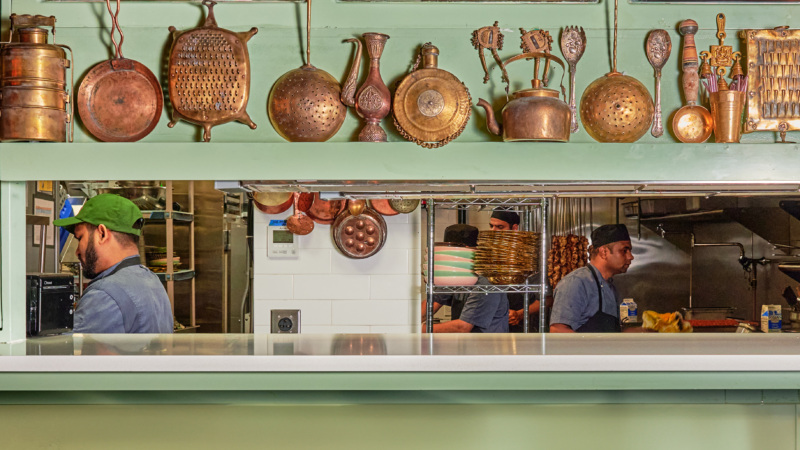
Stephen Satterfield's Corner Table

